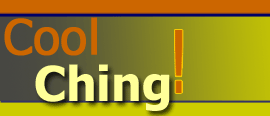
|
|
 |
|
||
| You are here>> | home::employment::cover letter tips | |||||||||||
HomeAcademicsDiscountsEmploymentScholarshipsContact |
||||||||||||
|
||||||||||||
| Home :::: Academics :::: Discounts :::: Employment :::: Scholarships |
Copyright©2002-2005
Disclaimer
Web Site Design done by UpstreamCreations.com